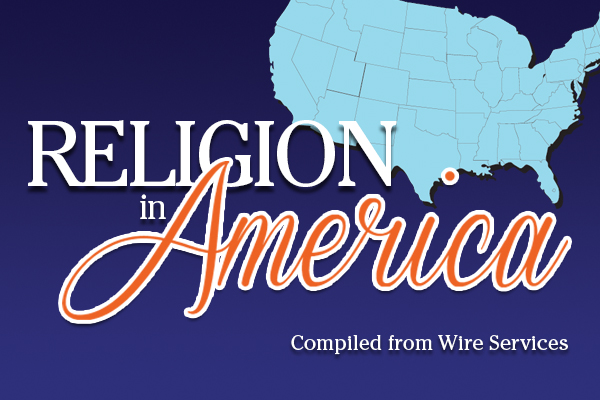President Clinton has signed into law a measure to provide protection for religious freedom in two area where discrimination has increased in recent years.
The president signed the Religious Land Use and Institutionalized Persons Act (RLUIPA) at a Sept. 21 ceremony.
The law, which both the Senate and House of Representatives approved without dissent in late July, was designed to protect the religious freedom rights of churches and other religious bodies against discriminatory land-use regulations and of people in institutions such as prisons and mental hospitals.
Representatives of the Southern Baptist Ethics and Religious Liberty Commission applauded RLUIPA’s enactment but said the agency would work in the next session of Congress to pass more far reaching legislation.
The new law is narrower in focus than a measure that was promoted by the ERLC and others earlier in the session. That bill, the Religious Liberty Protection Act, passed the House but failed to receive Senate approval.
RLUIPA addresses the two categories where its advocates say the overwhelming majority of free-exercise-of-religion problems have arisen in recent years.
While the act only addresses land use and people in institutions, RLUIPA in that it utilizes the spending clause, the interstate commerce clause and the 14th Amendment of the Constitution.
Like RLPA, the bill also prevents a government entity from substantially burdening the free exercise of religion unless it demonstrates it has a “compelling interest.”
Prevention method
Congressional committees have received testimony showing local communities have used zoning laws and land-use regulations to prevent churches and other religious bodies from building, buying or leasing spaces to meet and to limit attendance at such meetings.
“This bill will benefit churches, synagogues and other places of worship whose growth has been stymied by overly restrictive zoning boards,” said Carl Esbeck of the Christian Legal Society in a written release. “Municipalities will no longer be able to create religion-free zones that effectively ban churches from building houses of worship.”
In addressing institutionalized people, the bill is designed to protect the religious rights of prisoners and patients while not undercutting security and discipline.
A diverse group of organizations supported the legislation. In addition to the ERLC and CLS, coalition members included the Baptist Joint Committee on Public Affairs Prison Fellowship, American Civil Liberties Union, Family Research Council, National Council of Churches, American Jewish Congress and U.S. Catholic Conference. (BP)





Share with others: